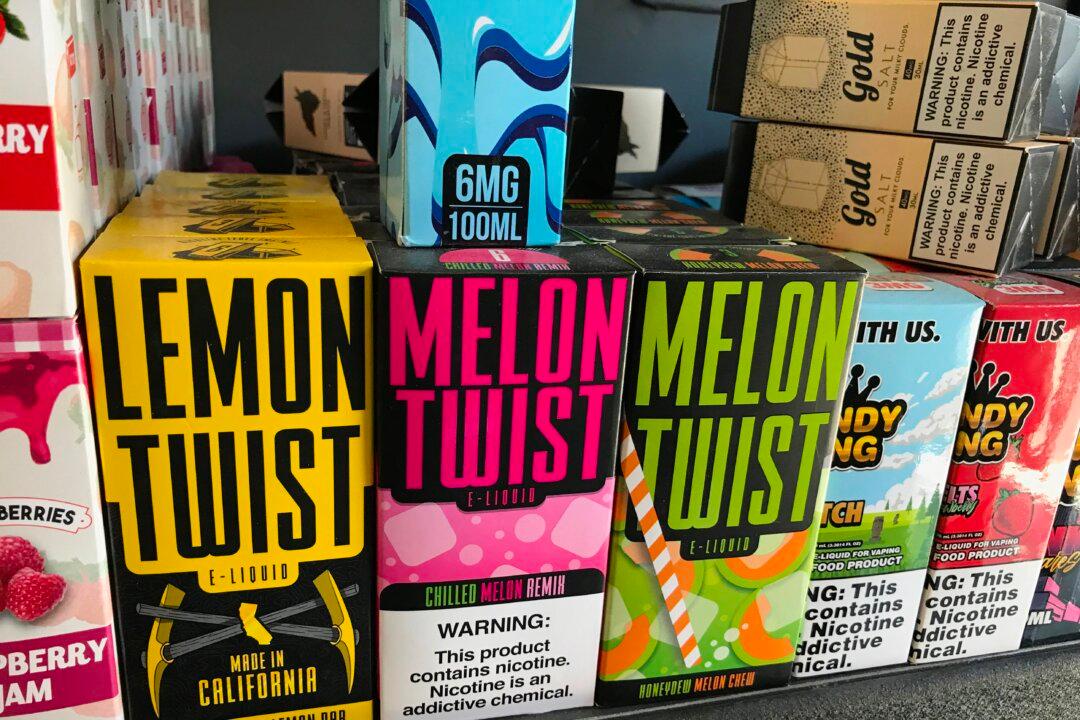NEW YORK—Parents are calling teen vaping a more severe health crisis than any in decades and are warning others of the risks of electronic cigarettes as the number of deaths and lung illnesses associated with the devices continue to rise.
At least 15 people across the United States have died, according to the latest reports. The most recent fatalities took place in Virginia, New Jersey, and Nebraska, as health officials associate a mysterious lung disease with the use of e-cigarettes.






